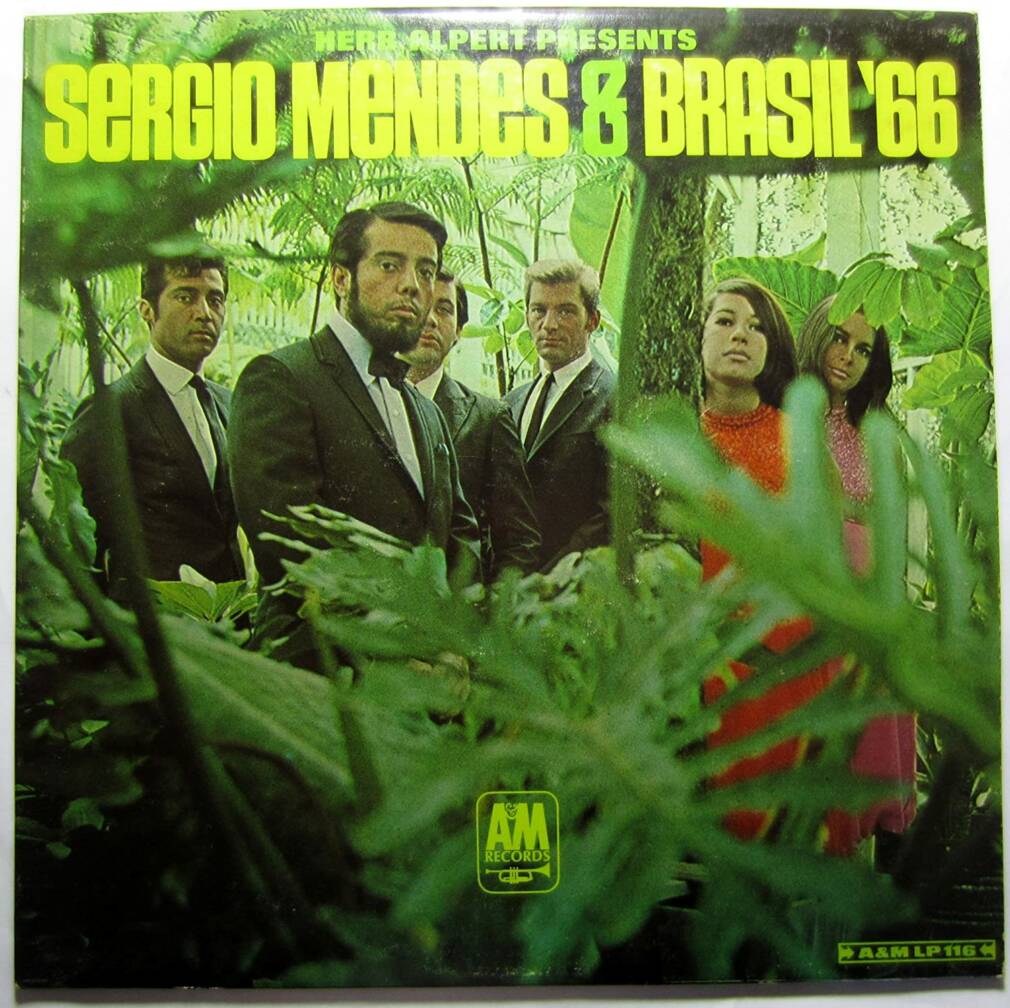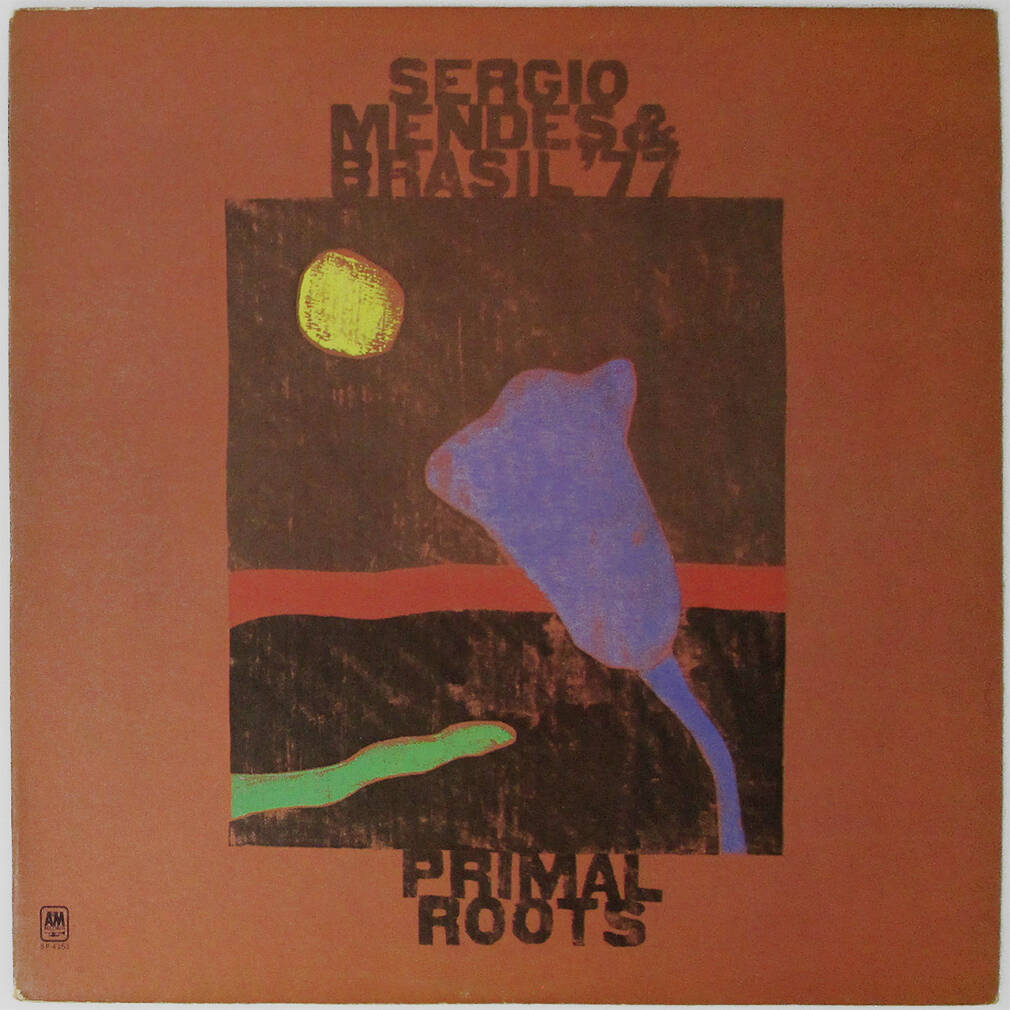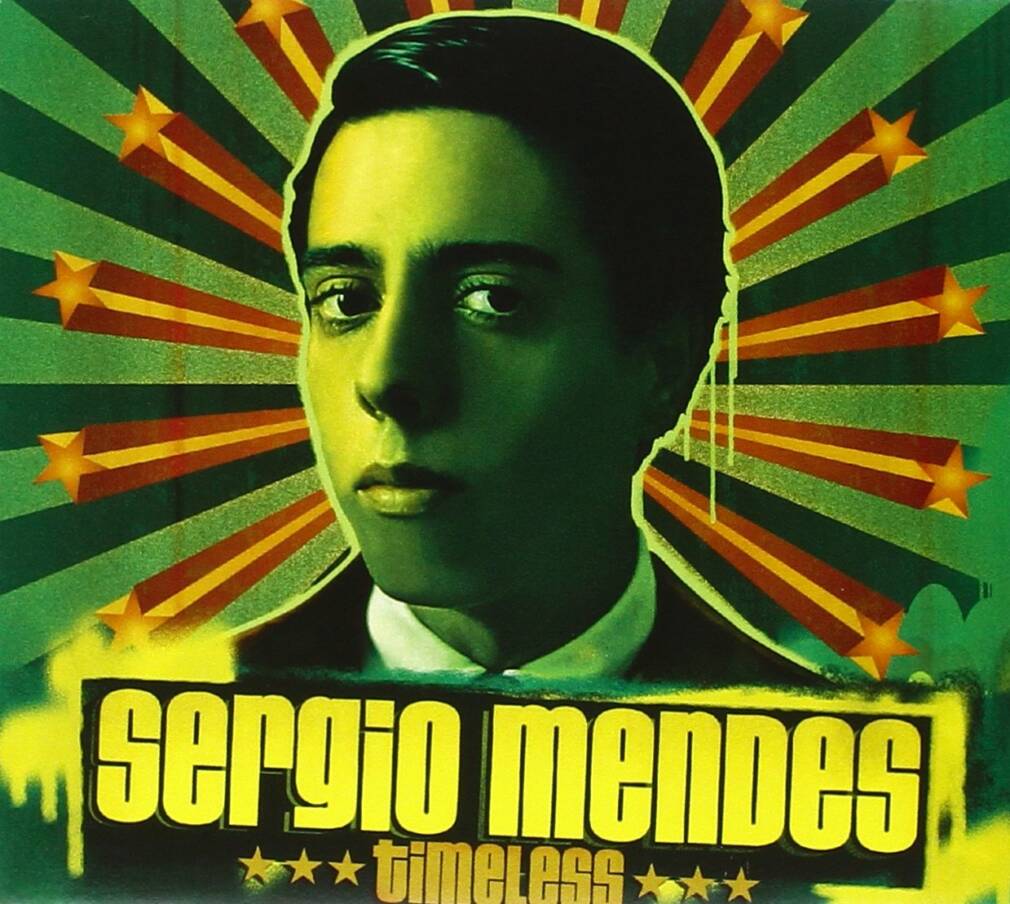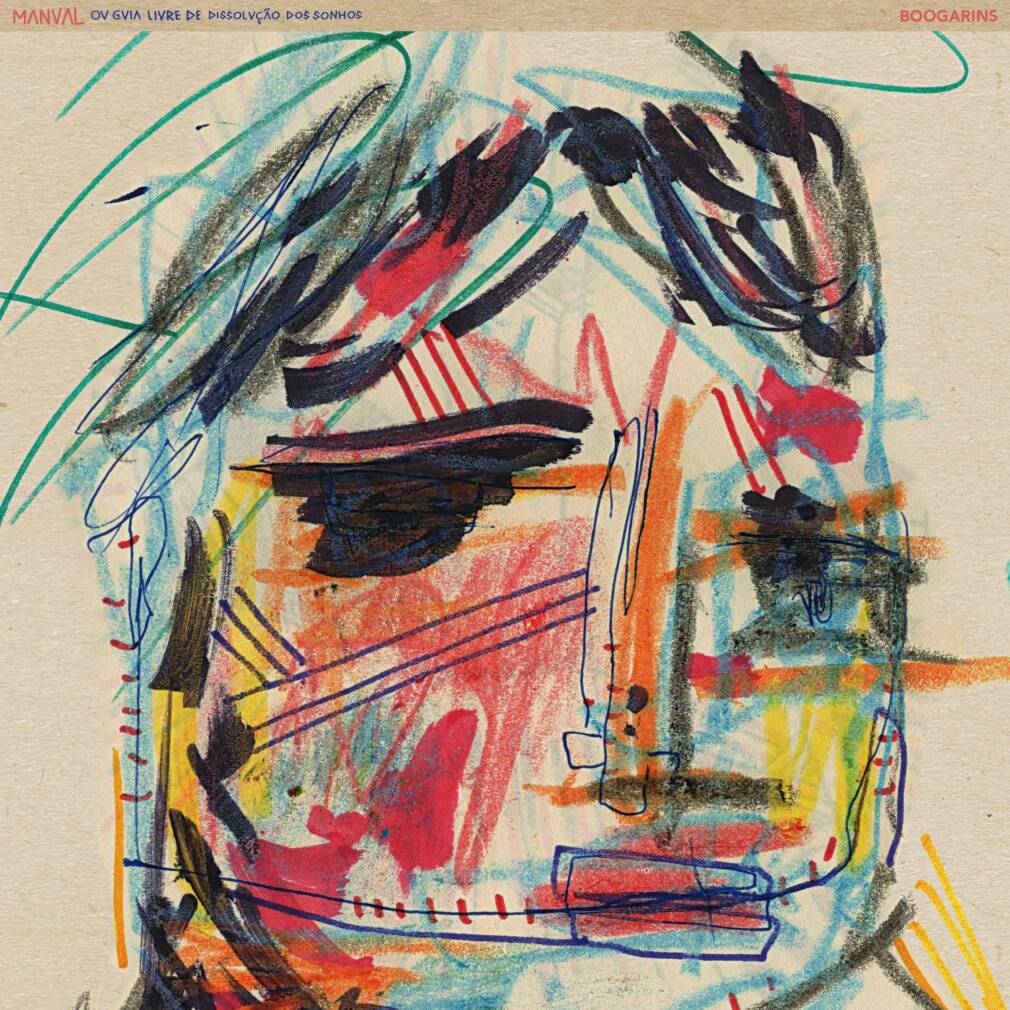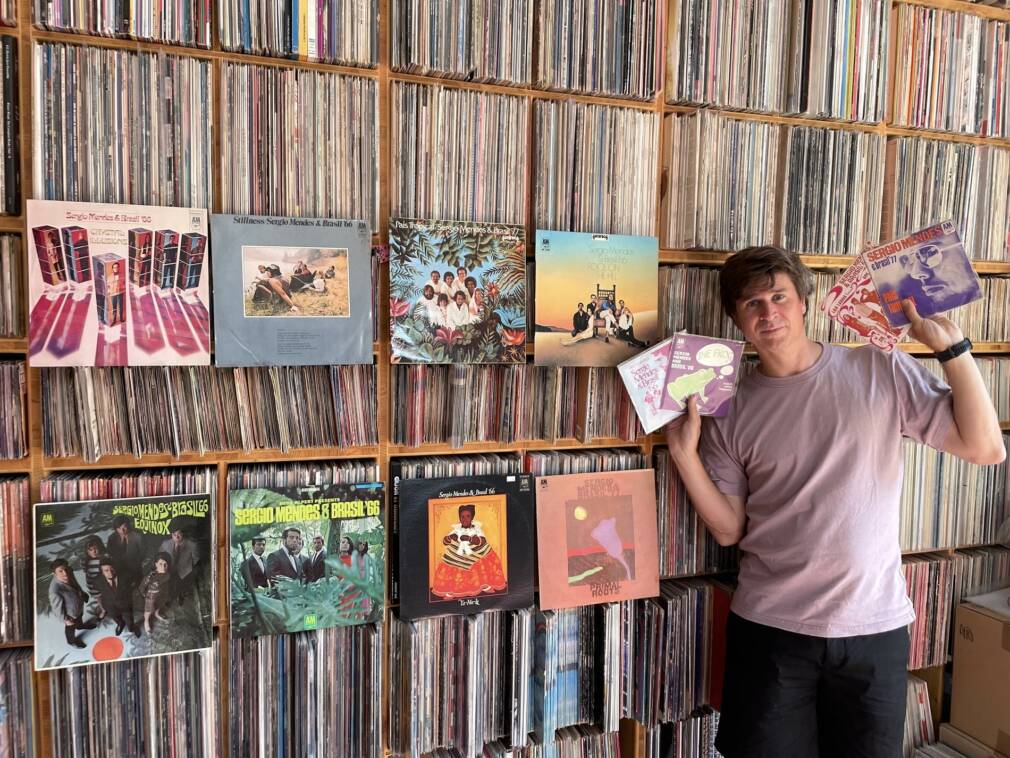It’s a pleasure to interact with you and to spend another summer sharing the vinyl gems from my collection. The sun is shining again, the concerts are heating up, we are finally leaving our houses. It is the perfect time, as it is every year, to listen to some Brazilian music. Following on from Jorge Ben Jor and Marcos Valle, we move on to another giant of Brazilian music, somewhat underappreciated for the last few years: Sérgio Mendes. The purists may be disappointed to discover a selection that leans towards pop, smoothness and lounge vibes. They may find not find it “Brazilian” enough. Yet, upon closer inspection, his choices reveal the richness and beauty of Sérgio tastes, the same ones that have seen Brazilian music conquer the world.
Curiously, it was through an exercise of “soft power” that everything started. Indeed, in 1964 the Brazilian Ministry of Foreign Affairs decided to send a group of local musicians to play in Mexico and the USA to export Brazilian music and bossa nova in all its effervescence. The chosen one was a young pianist from Rio, a disciple of Antonio Carlos Jobim and a jazz fan. Jorge Ben and Rosinha de Valença were also part of the band. Under the name Sérgio Mendes & Brasil 65, the group recorded two albums and its leader took advantage of his long stay to collaborate with jazzmen such as Cannonball Adderley and Herbie Mann.
After finding a manager and analysing his previous two albums’ lack of success, Sérgio Mendes moved to the United States and developed the “magic formula” that would take him to the top of the world’s charts. The result was a more rigorously arranged, more poppy Bossa Nova coupled with the vocal harmonies of two female singers, who delivered the lyrics in both English and Portuguese. Sérgio Mendes’ talent as an arranger did the rest. Thus “Sérgio Mendes & Brasil ’66” was born.
Sérgio Mendes & Brasil ’66 — Herb Alpert Presents Sergio Mendes & Brasil ’66 (1966)
I have chosen the band’s first album but the other 7 are equally recommendable and apply the same formula: covers of Brazilian standards but also pop hits of the time, be it the Beatles, Otis Redding, Stan Getz, Burt Bacharach, Buffalo Springfield… all filtered through Sérgio Mendes’ gorgeous arrangements and the famous Brasil ’66 vocal harmonies.
The album begins with the group’s ultimate hit, “Mas que Nada,” which popularised the song Jorge Ben composed a few years earlier throughout the world. Other Brazilian classics such as “Agua de beber” and “Berimbau” are included on the album, as well as (as on EVERY album by the band) a Beatles cover (in this case “Daytripper”).
On this record, everything is softness, sweetness, harmonies and perfection. A concentrated dose of US 60s pop with a Brazilian flavor. To optimise the chances of success, the founder of A&M (the label that produced the record), Herb Alpert himself, sponsored the band.
Sérgio Mendes & Brasil ’77 — Primal Roots (1972)
At the beginning of the 70’s, Sérgio Mendes changed bands and transformed Brasil ‘66 into Brasil ‘77. A larger and more instrumental outfit than the 60’s formation, the musicians had more space, leaving behind the “hyper pop” side of their sound.
Everything is said in the title – this album is a return to Sérgio’s roots to percussion and Afro-Brazilian rituals. The songs are inspired by the folklore of the fishermen of Salvador de Bahia and the music of the Candomblé cult. Here, Mendes abandons the polished Hollywood production in favor of a rougher, more percussive feel… more Brazilian, in short. But his melodic power sustains as the magnificent “After Sunrise” proves. 25 years after my first listen, I’m still obsessed with this track… It’s often the first track I play to start my day. Try it, you tell me! The B side presents a rarer and lesser known face of Sérgio Mendes’ music, a long track of 18 minutes, almost experimental and psychedelic. Still, it retains its percussive drive, undoubtedly due to the presence of Airto Moreira.
At the end of the 70s, the pianist evolved towards a more and more jazz-funk sound and finally disco, scattering a few little gems in the middle of albums without any great interest.
Sérgio Mendes — Timeless (2006)
I think the mark of great artists is longevity. That is what Sérgio Mendes has achieved over his 40 year career. On paper, everything was set to repel me in this “Timeless” collaboration with the Black Eyed Peas, a list of featured artists that looked like the phone book and a comeback that smelled of opportunism. All despite the talent of Will.i.am who is a great producer, not only in Hip hop but in music in general. The gamble of collaborating with Mendes paid off and he managed to marry Brazilian music and modern Hip hop/Nu soul production with impressive skill.
From the first track, a cover of “Mas que Nada”, the record works and gives a new lease of life to this classic hit. This sets the tone for a project that covers Brazilian classics, ones already reprised in the 60’s by Sérgio and now reproduced by a new generation with inspired featured artists: Q-Tip, Erykah Badu, John Legend, Justin Timberlake, Black Thought… how happy it is to participate in a Brazilian rejuvenation and to return credito the musician/arranger that influenced them.
40 years later, US pop returns the favour to the Brazilian who sought out that popular sound in order to marry it to the country of his heritage. The circle is complete! A nice fairy tale.
See you next week.
Listen to the comprehensive Franck Descollonges selection in our Spotify and Deezer playlists.
A small novelty: each week I’ll ask an artist, or someone close to Heavenly Sweetness, to talk about a vinyl they like. We will start this week with the label’s 2nd man: Hugo Guessaimi.
Bonus disc: Boogarins — Manual (2015)
Selection by Hugo Guessaimi
When I was asked to mention a particular Brazilian album, Manual by Boogarins quickly came to mind. It comes from a psychedelic rock quartet from Goiânia, located in the central west of the country. Worthy descendants of the Tropicália (or Tropicalism) scene that emerged in Brazil in 1967 and challenged nationalism, it’s not hard to guess their influences. The shadows of Os Mutantes and Caetano Veloso hover over the four musicians’ airy compositions.
But Boogarins is not satisfied with a pale imitation, the music is fresh and singular, intelligently composed, ushering us into their universe where the group avoids the nostalgia trap. The vocal is soft, the two guitars combine in full harmony, and the rhythm section is as efficient as it gets. The album oscillates between pop-psych and post-bossa rhythms, between sharp riffs and nonchalant ballads… It was recorded in Gijón, Spain and is still available from Other Music Recordings.
